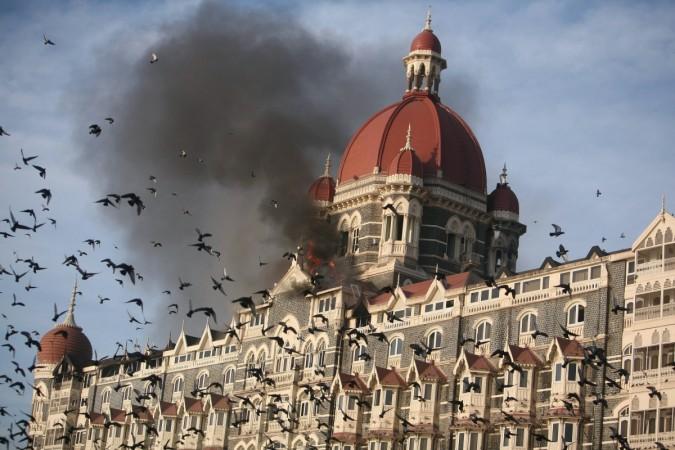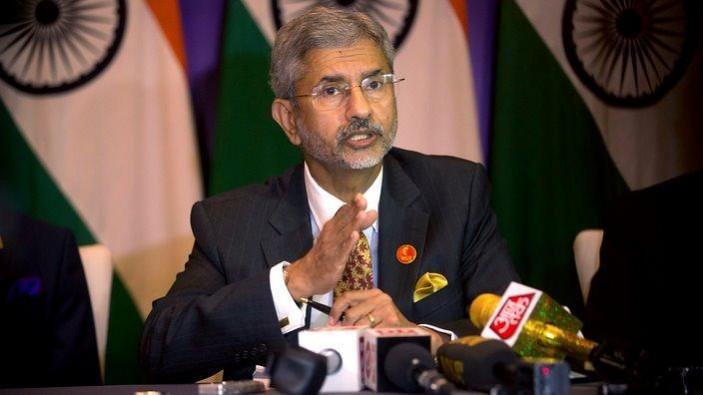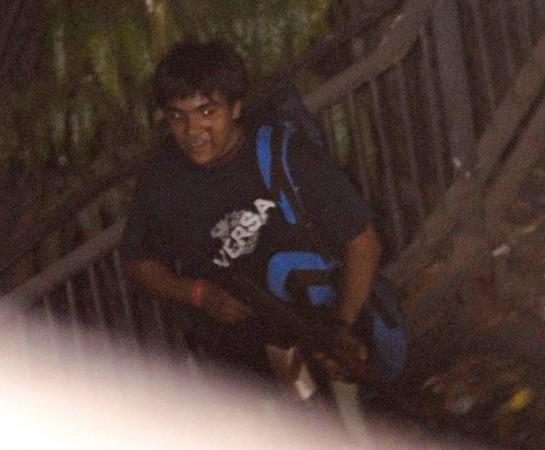The ghastly terror attack that shook India and sent shockwaves across the world still remains a sore memory in the hearts of people. It's been 13 years since ten Lashkar-e-Taiba terrorists launched their cowardly attack in Mumbai's Chhatrapati Shivaji Maharaj Terminus (CSMT), Taj Mahal Palace Hotel, Hotel Trident, Nariman House, Leopold Cafe and Cama Hospital, killing 166 people. Families of killed victims, from India and 14 other countries, still await closure as Pakistan employs its usual delay tactics to fend the terrorist organisation that orchestrated the deadly attacks.
On the 13th anniversary of the 26/11 Mumbai terror attacks, the people of India soberly remember the victims and the Bravehearts who laid down their lives to protect others. But India is in no mood to mince words while reminding Pakistan of its commitment, which it has conveniently delayed 13 years.

Expedite trail: India to PAK
India on Friday summoned a senior Pakistan High Commission diplomat and pressed for an expeditious trial in the 26/11 Mumbai terror attacks case. It reminded Pakistan that families of 166 victims are awaiting closure. The Ministry of External Affairs (MEA) went as far as asking Pakistan to abide by its commitment to not allow terrorists under its control for terrorism against India.
"A note verbale reiterating India's call for an expeditious trial in the Mumbai terror attacks case, and calling on the Government of Pakistan to abide by its commitment to not allow territories under its control for terrorism against India was handed over to him," the MEA said.

"It is a matter of deep anguish that even after 13 years of this heinous terror attack, the families of 166 victims from 15 countries across the globe still await closure, with Pakistan showing little sincerity in bringing the perpetrators to justice," it said in a statement.
The MEA slammed Pakistan and called upon Imran Khan-led government to give up double standards and bring the perpetrators of the terror attacks to justice. The Mumbai terror attacks were planned, executed and launched from Pakistani territory.
"This is not just a matter of Pakistan's accountability to the families of the innocent victims who fell to terrorists, but also an international obligation," the MEA said.
26/11
A series of deadly terror attacks were carried out by ten LeT terrorists, who entered Mumbai through seaways and targeted various crowded locations, including Chhatrapati Shivaji Maharaj Terminus (CSMT), Taj Mahal Palace Hotel, Hotel Trident, Nariman House, Leopold Cafe and Cama Hospital.
Nine terrorists were gunned down by the NSG and Mumbai Police and Ajmal Kasab was the only terrorist who was captured alive. CCTV footage showed Kasab holding an AK-47 and moving towards killing the innocents at Chhatrapati Shivaji Terminus.

The Army, Marine commandos, besides the elite NSG carried out Operation Black Tornado to eliminate the terrorists. On November 29, the deadly terror attacks ended with the NSG securing the Taj.
Kasab was convicted in 80 cases in May 2010 and sentenced to death. He was hanged on November 21, 2012.
The direct responsibility of the Sunni Islamist LeT group for the Mumbai killings is not in doubt. The captured gunman, Ajmal Kasab, admitted his membership of this organisation, and described in detail the process in which he and his colleagues had trained in Pakistan, and set out for the attacks from Karachi, the capital of Pakistan's Sindh province.
An Indian investigation confirmed LeT's responsibility for the attacks. Subsequent pressure from the US and United Nations on Pakistan led to the arrest of a number of LeT members on Pakistani soil. In 2009, Pakistan released the results of its own investigation, also confirming the organization's responsibility for the attacks, the report added.
Kasab, in his interrogation by the Indian authorities and to FBI officials, confirmed that the Mumbai operation was directed from Karachi, using telephone and Internet communication. David Coleman Headley (born Daood Gilani), a Pakistani and US citizen charged and convicted in 2009 in a US court of carrying out surveillance for LeT prior to the attacks, offered additional extensive details of the group's links with the ISI.

















